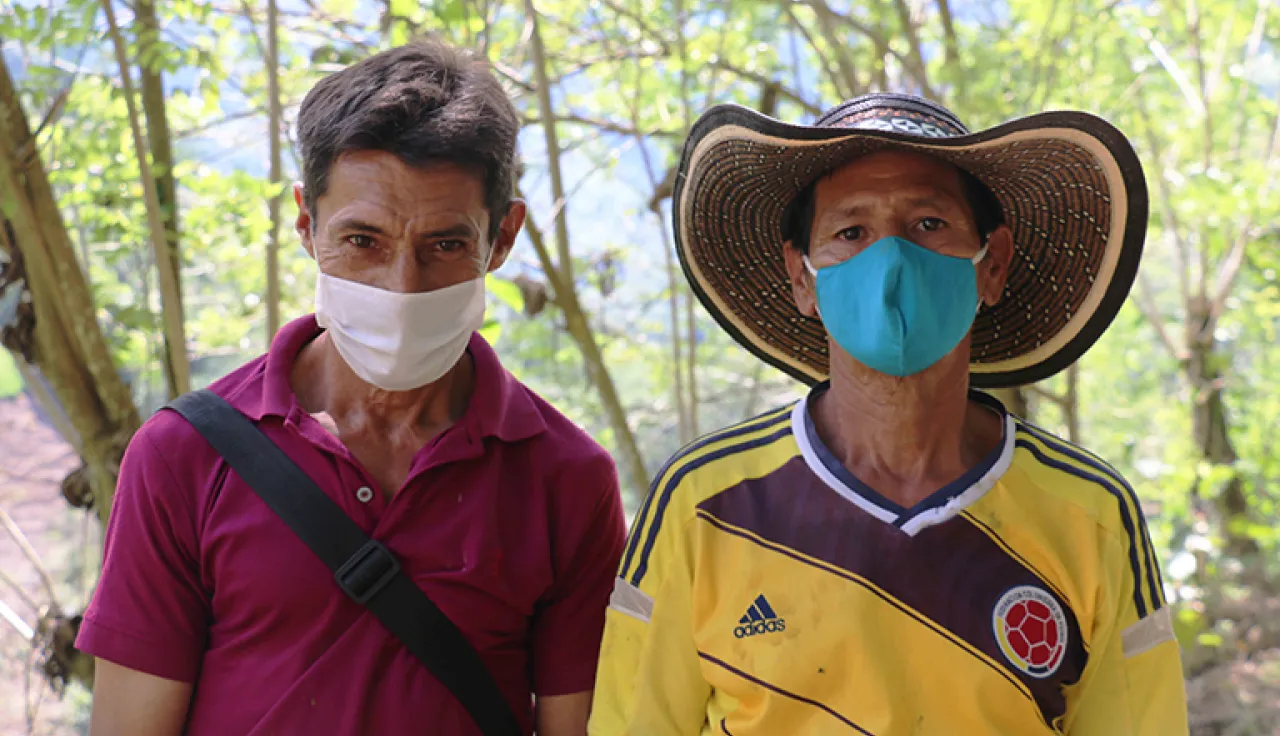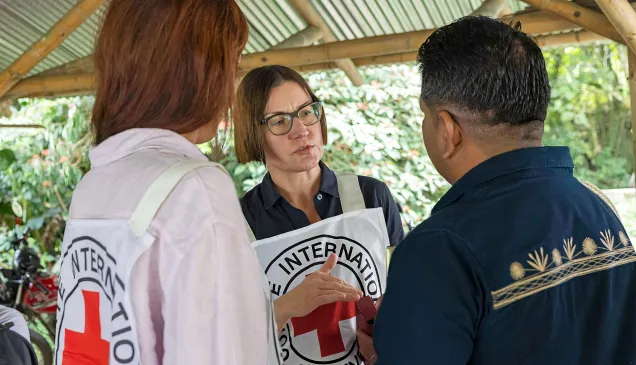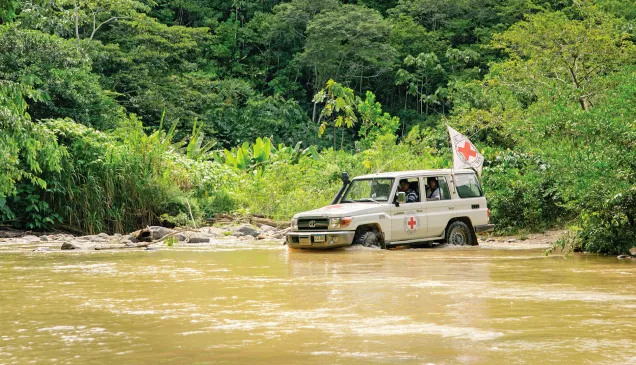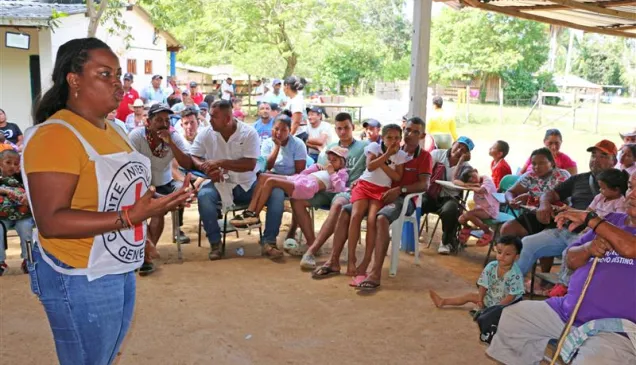120,000 reasons to keep searching in Colombia: the missing persons

Our reports confirm that all armed groups continue to use disappearances to cultivate a climate of fear among civilians.
In 2020, we registered one missing person every three days in Colombia. From the time that the peace agreement was signed until 31 December 2020, we recorded 571 new cases of people who went missing because of armed conflict and violence.
The departments of Arauca, Norte de Santander, Nariño, Cauca, Antioquia and Chocó reported the highest number of missing people in 2020. Our reports confirm that all armed groups continue to use disappearances to cultivate a climate of fear among civilians in order to maintain territorial control and to avoid the requirement to treat dead bodies in accordance with the law.

These figures reflect the ICRC's work in Colombia. However, under-reporting means the scale of the problem is much greater.
If searching for missing people in Colombia was already difficult, the pandemic made it an even greater challenge. With conflict escalating in some parts of the country and the pandemic stopping people from moving about freely, families struggled to search for their loved ones or receive updates from government organizations about their search.
Two factors exacerbated the situation. First, many families of the 120,000 missing work in the informal economy and were forced to choose between continuing their search or earning money to survive. Secondly, the restrictive pandemic measures made it more complicated to access government assistance.
This problem of missing people has shattered the lives of thousands of Colombian families. Relatives of the missing already faced a long and uncertain journey; the pandemic has added an extra layer of complexity, making it even more tortuous for them to exercise their rights.
Even before the pandemic, ensuring unidentified bodies were handled appropriately was a challenge. With the increase in deaths from COVID-19, it was clear that dead bodies needed to be stored somewhere suitable if they were to be subsequently identified and returned with dignity to their relatives.
More about 'Humanitarian challenges 2020 - Colombia'
- Head of delegation editorial: Do we want to return to normality?
- ICRC calls to action for Colombia in 2021
- Overview of the humanitarian situation in Colombia
- Colombia, plunged into isolation by pandemic and conflict
- Explosive hazards: a silent threat in Colombia
- Health services deal with a pandemic and violence in Colombia
- Prisons, migration, and use of force: important topics for Colombia



